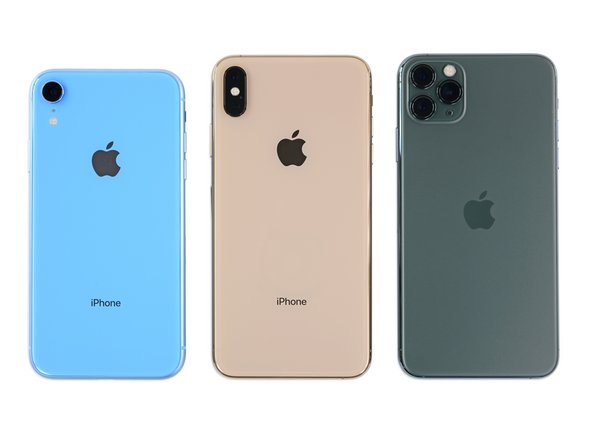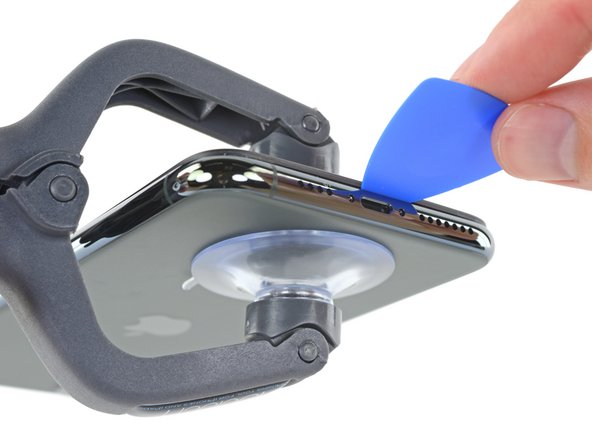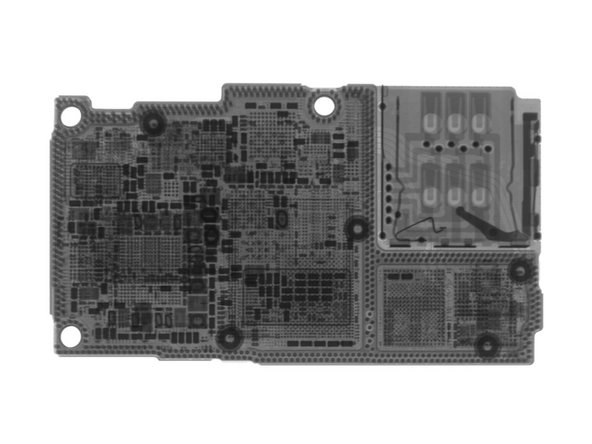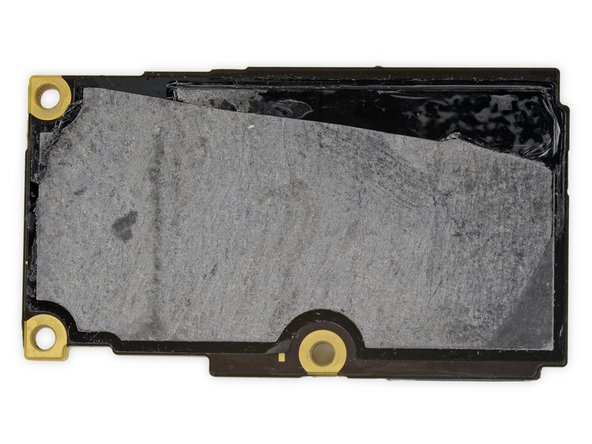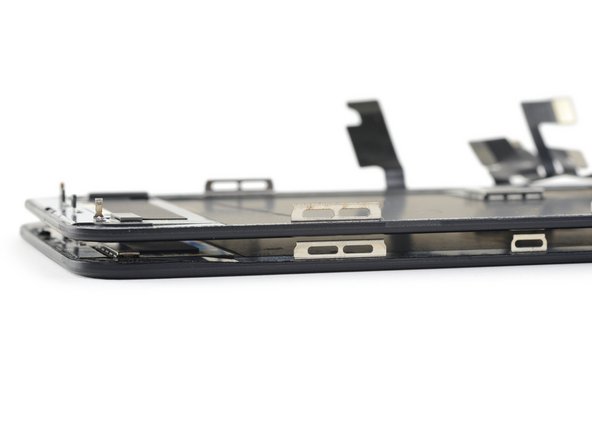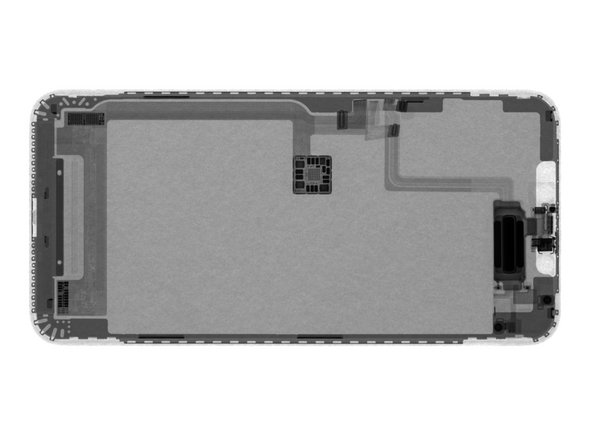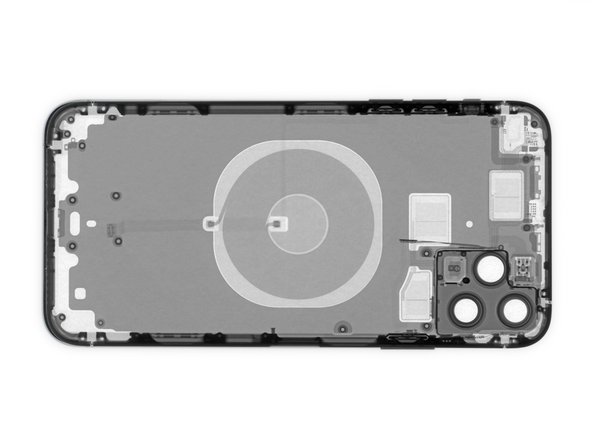Introduction
The rumor mill has been hard at work surrounding the iPhone 11 Pro Max release, and we’re hard at work to put these rumors to rest. How much RAM is there? What’s with that bilateral charging? How did Apple boost the battery life? Join us for a teardown, as we tackle these questions and dive into this mystery of a phone!
PSBTW if you’re looking for the lowdown on the standard 6.1” iPhone 11, we covered that here.
Also, don’t forget to check out our YouTube channel, buddy up with us on Instagram, Twitter, or Facebook, and subscribe to our newsletter for more exclusive teardown content.
What you need
Video Overview
-
-
Rumors abound—but going into this teardown we only know one thing for sure, and that's these six things:
-
A13 Bionic SoC with a third-generation Neural Engine
-
6.5” (2688 × 1242) 458 ppi Super Retina XDR OLED display with True Tone and HDR (no 3D Touch)
-
Triple 12 MP rear cameras (ultra-wide, wide, and telephoto), and 12 MP selfie camera paired with TrueDepth FaceID hardware
-
64 GB of onboard storage (256 GB and 512 GB optional)
-
Gigabit-class LTE, Wi-Fi 6, Bluetooth 5.0, NFC
-
IP68 rating
-
-
-
Before getting too far, we ask our friends at Creative Electron for a little help. Wielding the power of X-rays, they give us a sneak peek of what lies ahead.
-
Lined up for your viewing pleasure (from left to right) are the iPhones XR, XS Max, and 11 Pro Max.
-
Our see-through preview leaves us with some initial impressions:
-
The battery in the 11 Pro Max looks to be the same single-cell design that we saw last year in the iPhone XS, but this marks its first inclusion in a Max phone.
-
Apple appears to have shaved down the logic board dimensions yet again, almost certainly to make room for that huge three-camera array.
-
Last but not least, it looks like there might be a mysterious new board sitting below the battery.
-
-
-
This year's iPhone adds a little extra material around the middle, and a lot around the cameras.
-
At least this iPhone's camera plateau has ramped edges that blend it with the back of the phone a little better.
-
And most importantly, our phone came in Apple's latest color:
BobaMidnight green. -
Two last things to note here before we dig in to this green machine: a newly-centered Apple logo, and a new model number tucked away in the SIM tray, A2161.
-
-
-
Fancy new iPhone, same old opening procedure—with a twist!
-
This year we pull our fixed-bladed P2 driver from the new iPhone-specific Marlin set to free a pair of pentalobes.
-
Then the iSclack and an opening pick move in to handle the rest, and we can start to lift the display.
-
-
-
Time to get our first glimpse inside this Professional Maximum iPhone complete with monstrous L-shaped battery—with two battery connectors? Now that's new.
-
Some testing yielded the following results:
-
The phone will function without the charging-port-end connected (reconnecting it threw a temporary temperature warning for us).
-
While that lower cable is disconnected, the phone will charge via the Lightning port, but not the wireless charging coil.
-
When we disconnected the "main" cable that goes directly to the logic board, the phone shut down as normal and would not boot, even with the other cable connected.
-
-
-
Smartphone makers have increasingly focused on software magic to improve image quality, so it may come as a surprise that Apple worked so hard on camera hardware this year.
-
The biggest upgrade is the new ultra-wide angle sensor/lens, but standard wide-angle and telephoto lenses also get a boost to their ISO range and shutter speed. Even the front-facing camera gets a small resolution boost.
-
For all the gritty details on the cameras, check out Halide's write-up.
-
The FaceID sensor array also sees some beneficial changes here: the front-facing camera is now 12 MP— up from 7—and its cables are no longer trapped under the battery, so removal is quicker and easier than ever!
-
-
-
The "eyes" have it! Three of 'em! Plus a flash and a microphone hole.
-
Diving a little deeper, we find the cameras are nestled together, each with their own independent cable.
-
The X-rays reveal few surprises—the dark bars are evidence of OIS, and the tiny spots seem to match last years components, so no dedicated RAM chips here ... probably.
-
You didn't think we'd leave it at that though, did you? Of course we're taking a deeper look—stay tuned!
-
-
-
-
The iPhone Marlin driver set still has our back, helping us free the final standoffs securing the oddly squarish logic board.
-
Shrinking from a distinctly Idaho silhouette in the iPhone XS to something more Colorado in the iPhone 11 Pro Max, this new board is dense!
-
Are you seeing double? Don't worry, so are we! The iPhone 11 Pro Max board is identical in construction to the one in the iPhone 11 Pro!
-
Could they really be the same board? We'll keep you posted ...
-
-
-
We put on our best chip detector specs and go to work. Here's what we can identify so far:
-
Apple APL1W85 A13 Bionic SoC layered over SK Hynix H9HKNNNCRMMVDR-NEH LPDDR4X (seemingly 4 GB, but SK Hynix needs to update their decoder)
-
Apple APL1092 343S00355 PMIC
-
Cirrus Logic 338S00509 audio codec
-
Unmarked USI module—teardown update: it turns out that this is where Apple's new U1 ultra-wideband chip is hiding. Read all about it in our blog post.
-
Avago 8100 Mid/High band PAMiD
-
Skyworks 78221-17 low-band PAMiD
-
STMicrolectronics STB601A0N power management IC
-
-
-
More chips than you can shake a stick at, but we're shaking as fast as we can. Here's the RF board:
-
Apple/USI 339S00648 WiFi/Bluetooth SoC
-
Intel X927YD2Q (likely XMM7660) modem
-
Intel 5765 P10 A15 08B13 H1925 transceiver
-
Skyworks 78223-17 PAM
-
81013 - Qorvo Envelope Tracking
-
Skyworks 13797-19 DRx
-
Intel 6840 P10 409 H1924 baseband PMIC
-
-
-
Last but not least, top side we find:
-
Toshiba TSB 4226VE9461CHNA1 1927 64 GB flash storage
-
YY NEC 9M9 (likely accel/gyro)
-
In addition to all these chips, we tease apart several layers of graphite thermal transfer material backing the RF board.
-
Apple says its improved thermal design gives these iPhone Pros the "best sustained performance ever in an iPhone." That's accomplished by pulling heat from the logic board straight through several layers of graphite where it dissipates into the rear case.
-
-
-
Turning to the battery, we're pleasantly surprised to find some relatively repair-friendly features.
-
The only thing standing in our way is the Taptic Engine—with that out, a few extra-wide (and more durable!) stretch-release adhesive strips are all that secure the battery.
-
Adhesive strips stretched away, the battery lifts free from its iPhone.
-
-
-
Looks like this year at Apple, big is in. The iPhone 11 Pro Max's powerhouse pumps out 3969 mAh at 3.79 V, for a total of 15.04 Wh. That's a whopping 2.96 Wh more than the XS Max battery, and 1.52 Wh less than the Galaxy Note 10+ 5G battery.
-
Where does this massive power come from? It's 4.6 mm thick, has a volume of 23.8 cm³, and weighs in at 59.6 g. Compared to the XS Max, that's 0.7 mm thicker, 4.2 cm³ larger by volume, and 13 g heavier.
-
We saw this same single-cell, L-shaped design last year in the iPhone XS, where we learned about the complexities of internal corners and thermal expansion in battery design.
-
-
-
That mystery board that we spotted in the X-ray below the battery serves (in part anyway) as an interconnect for the battery, wireless charging coil, and Taptic Engine.
-
So we have a secondary battery connector for the first time ever in an iPhone, plugging in directly adjacent to the wireless charging coil. We're not sure what Apple was up to here.
-
We pop out what appears to be a new barometric sensor design complete with ingress proofing o-ring.
-
All the components at this end of the phone are stuck to the frame with what seems to be a slightly goopier, stickier adhesive than the foamy stuff we remember from last year. Best guess, it's more waterproof that way.
-
-
-
There was absolutely nothing wrong with the XS Max display—apart from it being really, really expensive—so we're unsurprised to see this year's "XDR" display looks superficially very similar.
-
One minor but helpful update is that the three flex cables all congregate in the same place—so there are fewer booby traps when slicing open the phone for repair.
-
We did expect the loss of the 3D Touch layer to factor in a little more—this display measures about a quarter of a millimeter thinner than its predecessor, and that's all. That plus the slight increase in the iPhone's overall thickness is apparently responsible for a good chunk of the increased battery capacity.
-
One last chip hides under a shield: Samsung S2D0S23 display power management IC
-
-
-
The Lightning connector assembly comes out with the new interconnect board attached. It doesn't exactly come out without a fight, though—a maniacal medley of screws and glues holds it in place, so you're in for a ride if either of these parts fails on you.
-
We take one final stab at looking for a second elusive RAM chip by peeking into each camera module. Other than some shiny unshielded sensors, we see noth—hey wait, is that it??
-
-
-
We spot what looks like three additional thermal pads lining the back case. However...
-
X-rays reveal that each pad sits atop a clean cut through the steel case lining. The only reason we know of for doing that is RF pass-through.
-
Furthermore, each pad is connected via a flex cable to a complex antenna bus.
-
We're not 100% sure what we're looking at, but it seems likely this is our first peek at some ultra wideband antenna hardware.
-
-
-
This teardown officially goes to eleven, and here's what we found!
-
A much bigger battery made possible by bumping the body 0.4 mm and winning 0.25 mm from 3D Touch.
-
Two battery cables that may have helped Apple's allegedly-scrapped bilateral charging out—but could just as easily help manage battery life.
-
A very non-definitive "4 GB confirmed" rating, given our inability to find dedicated camera RAM.
-
Plus, some RF antennas (we're pretty sure), all the better for the U1 to seek with.
-
Don't touch that dial—we'll have more teardowns for you soon!
-
- Critical display and battery repairs remain a priority in the iPhone's design.
- The battery procedure has been simplified and many components are accessible independently.
- Liberal use of screws is preferable to glue—but you'll have to bring your Apple-specific drivers (pentalobe, tri-point, and standoff) in addition to a standard Phillips.
- Waterproofing measures complicate some repairs, but make difficult water damage repairs less likely.
- Glass on front and back doubles the likelihood of drop damage—and if the back glass breaks, you'll be removing every component and replacing the entire chassis.
Final Thoughts
Repairability Score
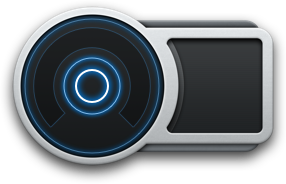

(10 is easiest to repair)
78 Comments
It would be great if you could determine the sensor used in each of the camera modules.
2nd this request! Thanks
would love to see a straight on shot of the phone with the screen off. (without any angles) Would also like to a teardown of the 11 Pro, which is likely more impressive density wise. I also hope you'll continue to pray open their stacked boards.
also, display assembly thickness comparisons against the XS. With 3D Touch gone, that could be very interesting.
Why would you not do this sooner as there are plenty of them out there in the hands of media? The whole point is we’re jonesing for info WHILE we wait for Friday to get here which is when a lot of will have one in our hot hands.



